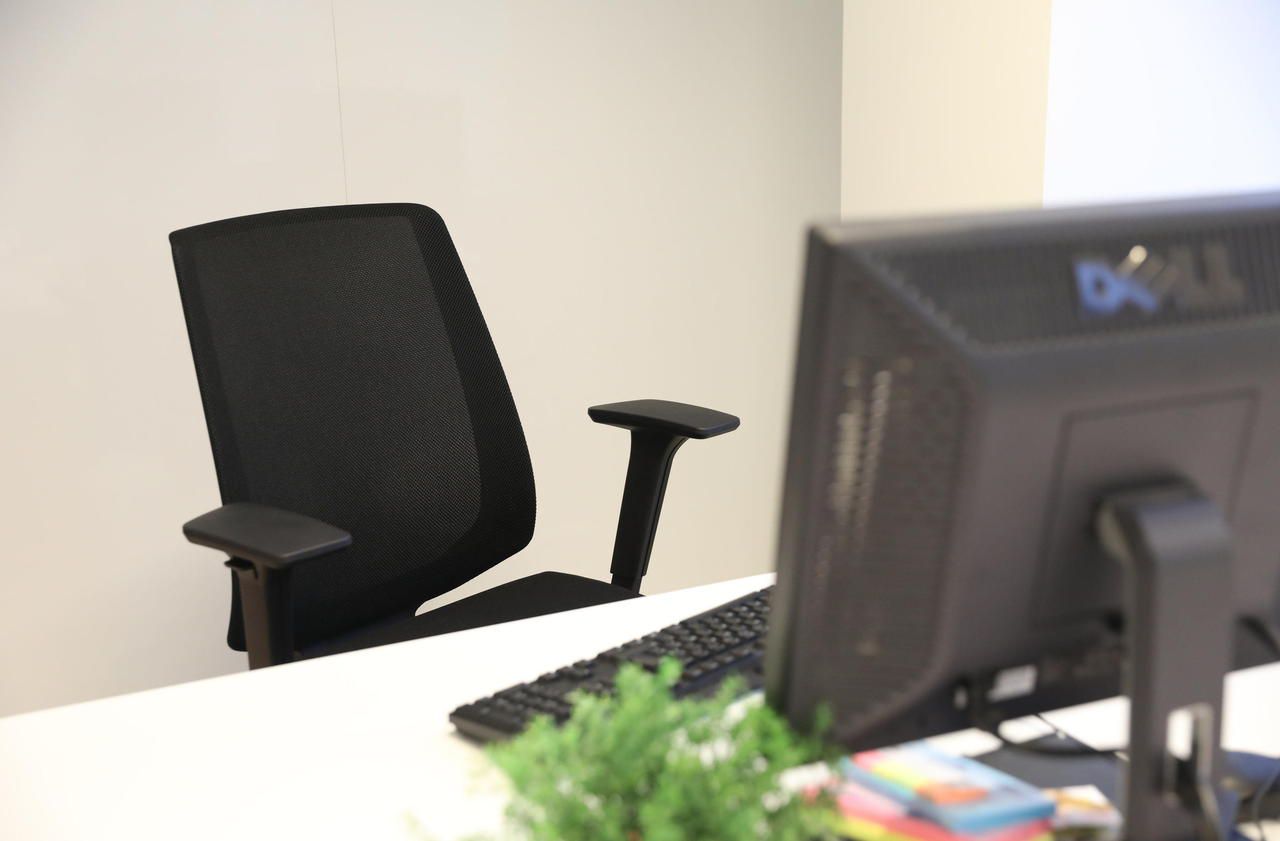"Degraded economic environment, return of a worrying health situation: everything is in place so that what we experienced during the first wave of the Covid in terms of work stoppages is reproduced, or even amplified", warns Anne -Sophie Godon, responsible at Malakoff Humanis for the monthly barometer on absenteeism in the private sector that she presented this Thursday.
The latest version of this observatory, based on the testimonies of 3,000 employees interviewed by Ifop
(Editor's note: Ifop study for Malakoff Humanis, carried out in four waves, from March to June 2020, with a representative sample of 3,000 employees in the sector private),
is also an opportunity to concretely measure the effects of the health crisis on work stoppages… of tomorrow.
Apprehension of returning to work
We learn that between March and June, Covid-19 became the first reason for work stoppages.
It was responsible for 26% of stoppages in April, at the height of the crisis, and a further 19% in June.
And we are not talking here about derogations due to children who are not in school or who are fragile at home.
READ ALSO>
Anti-Covid measures: two weeks to reverse the trend?
The surprise of this barometer is the “breakthrough” of psychosocial risks, which have become the second reason for absence.
For the first time, from the month of May, they moved on to musculoskeletal disorders (MSDs).
“The apprehension of returning to work in June concerned 60% of employees,” notes Anne-Sophie Godon.
11% then planned to be prescribed a stop to avoid a return to the workplace.
»Among them, 20% feared to be contaminated while they are chronically ill or affected by a pathology at risk.
16% because they feared insufficient sanitary protection measures ...
While the second wave of contamination is knocking on the door, Anne-Sophie Godon believes that "there is no reason why absenteeism is going better".
Even if, she adds, “occupational health has never played such an important role in business.
It is the employees who say it!
"
"19% of employees do not want to take public transport"
Many factors, on the other hand, plead for a possible aggravation.
“16% of employees say they have financial difficulties following the pandemic.
This is a pool of absenteeism to which is added that of the 19% of employees who do not wish to resume public transport if a high risk of contamination reappears.
"
Newsletter "It pays me"
The newsletter that improves your purchasing power
I'm registering
Your email address is collected by Le Parisien to enable you to receive our news and commercial offers.
Find out more
Finally, the state of health of employees is a new risk factor.
"A certain number of employees," specifies the head of the Malakoff Humanis Observatory, "gave up treatment or could not have access to it during confinement.
It cannot be ruled out that their condition has deteriorated as a result and may lead to stoppages.
There are also those whose diagnosis had to be delayed, as for cancer, and whose condition is suddenly more degraded.
"Anne-Sophie Godon therefore invites employers to" recreate the collective bond and commitment ".

